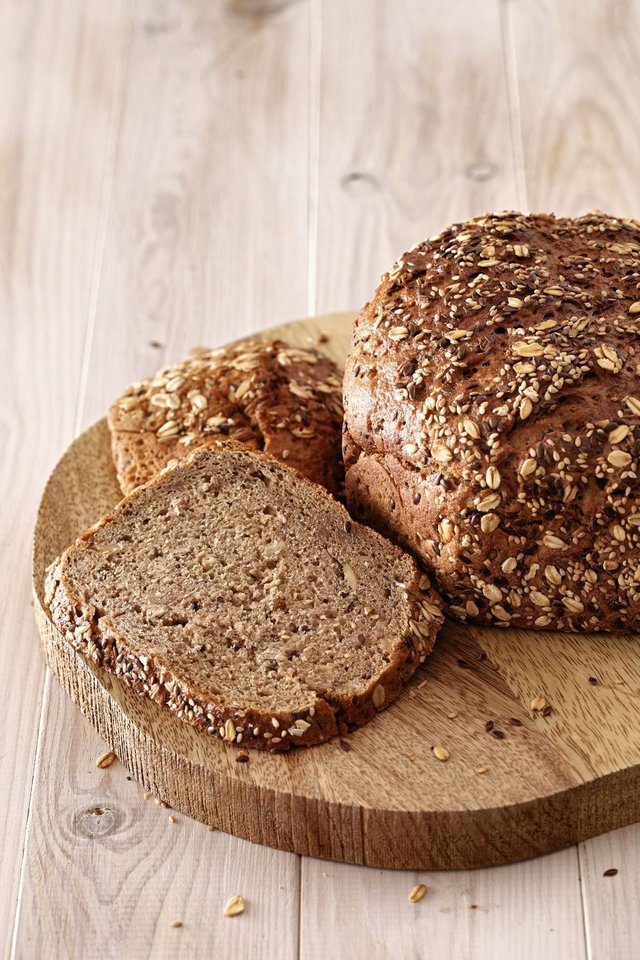The average heart beats 2.5 billion times over its lifetime, according to Harvard Medical School, and it’s so important to make sure that your heart is able to healthily complete each one of those beats. The heart is responsible for pushing blood all over the body as a way to transport oxygen, fuel, hormones and more, so it’s got quite a big job. And though it can seem kind of nebulous to try to pin down exactly what your heart is so hard at work at or how you can best help it, there are plenty of diet changes you can make to help encourage a healthier heart. If you're looking for an easy way to protect your heart, try adding some heart-healthy foods to your diet. We talked to some of our go-to experts, including Karen Ansel, MS, RDN, to find out which fruits, vegetables, and grains you should eat to keep your ticker healthy.
Leafy Greens
Dark green vegetables including kale and spinach are a great source of Vitamin K, according to Healthline, which helps your arteries and “promotes proper blood clotting.”
Tuna
Tuna, along with other fatty fish like mackerel and sardines, is full of omega-3 fatty acids. According to the Mayo Clinic, these omega-3 fatty acids decrease triglycerides, lower blood pressure, reduce clotting, and reduce irregular heartbeats, all of which are beneficial for overall heart health.
Edamame
Edamame beans are full of soy protein, which can be a great replacement for animal protein, according to the American Heart Association. The AHA found that substituting animal protein for soy protein could lead to a reduction in LDL cholesterol (the bad kind).
Avocados
As if you needed an excuse to eat more avocados, research by the American Heart Association found that eating an avocado a day may lower your risk of "bad" LDL cholesterol, because these fruits have a rich nutrient profile and don't contain any sodium.
Whole Grains
Unlike refined carbs, whole grains — like brown rice, oats, rye, barley, buckwheat, and quinoa — are fibrous foods packed with nutrients. According to a review published in BMJ, eating three or more servings of whole grains a day may reduce your risk of heart disease as much as 22%. The fiber, B vitamins, iron, magnesium, and zinc in whole grains improve your cholesterol and carry oxygen to the blood to lower your risk of heart disease.
.jpg)
